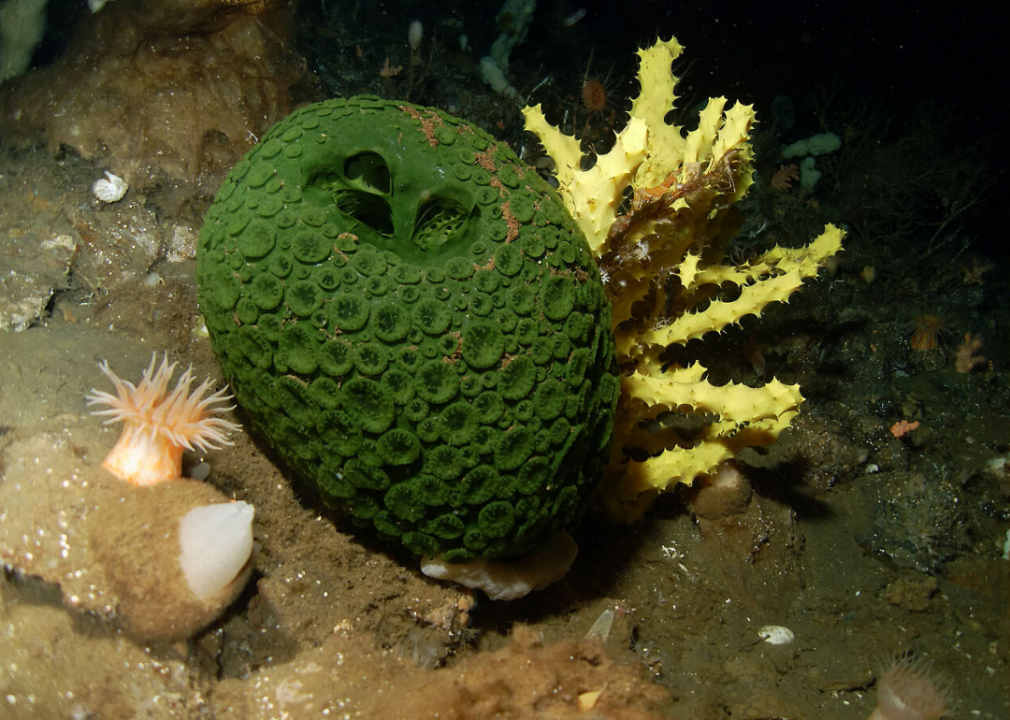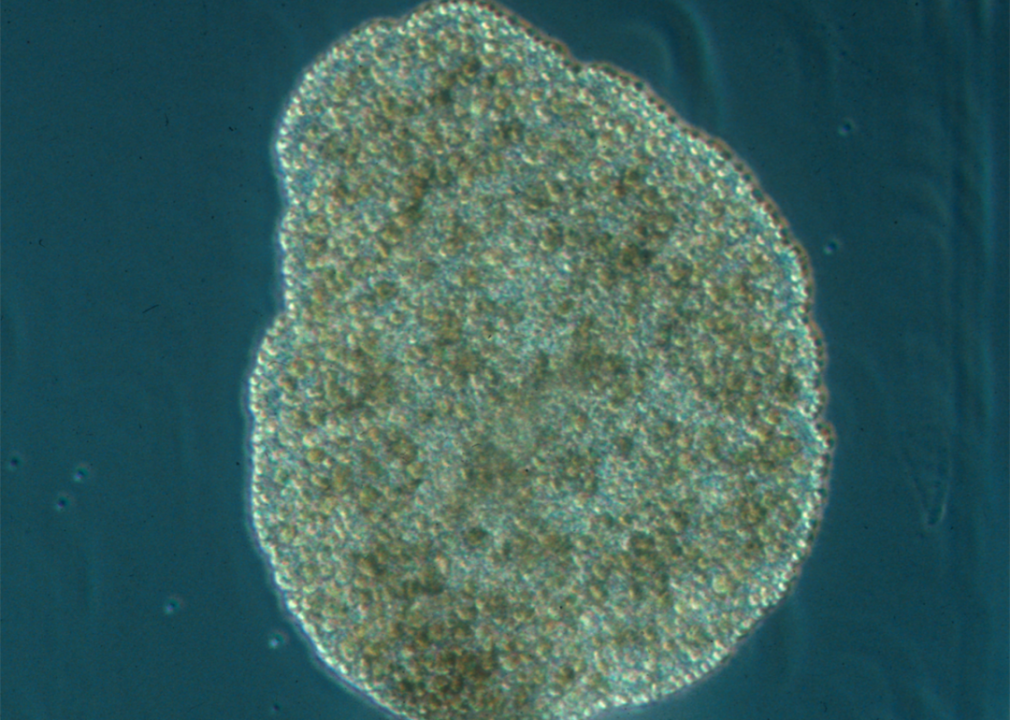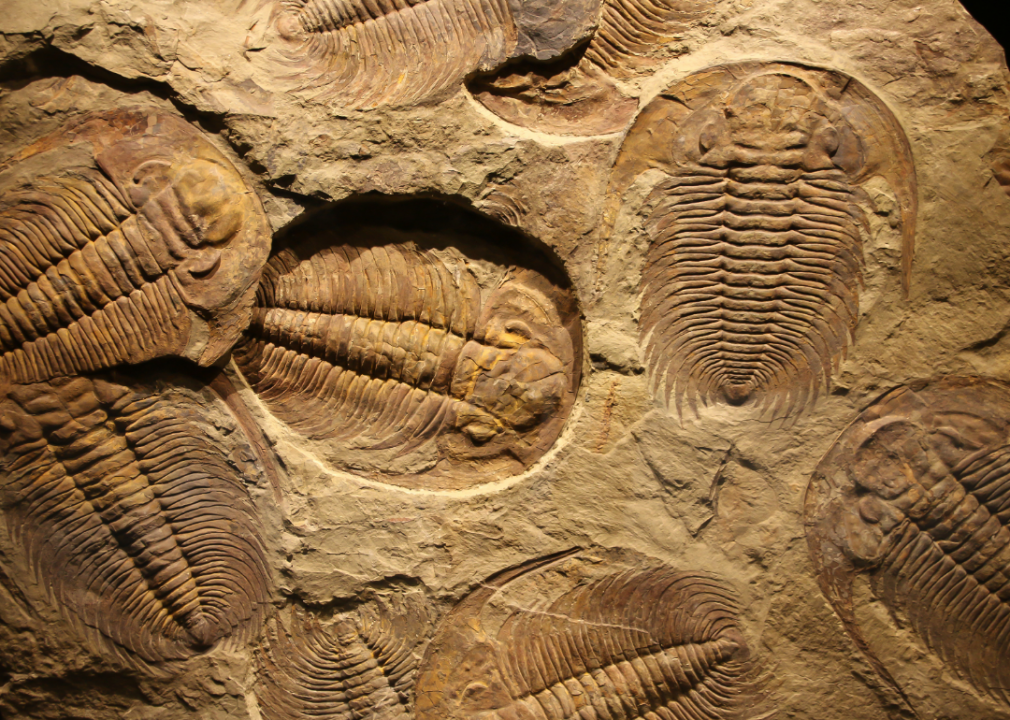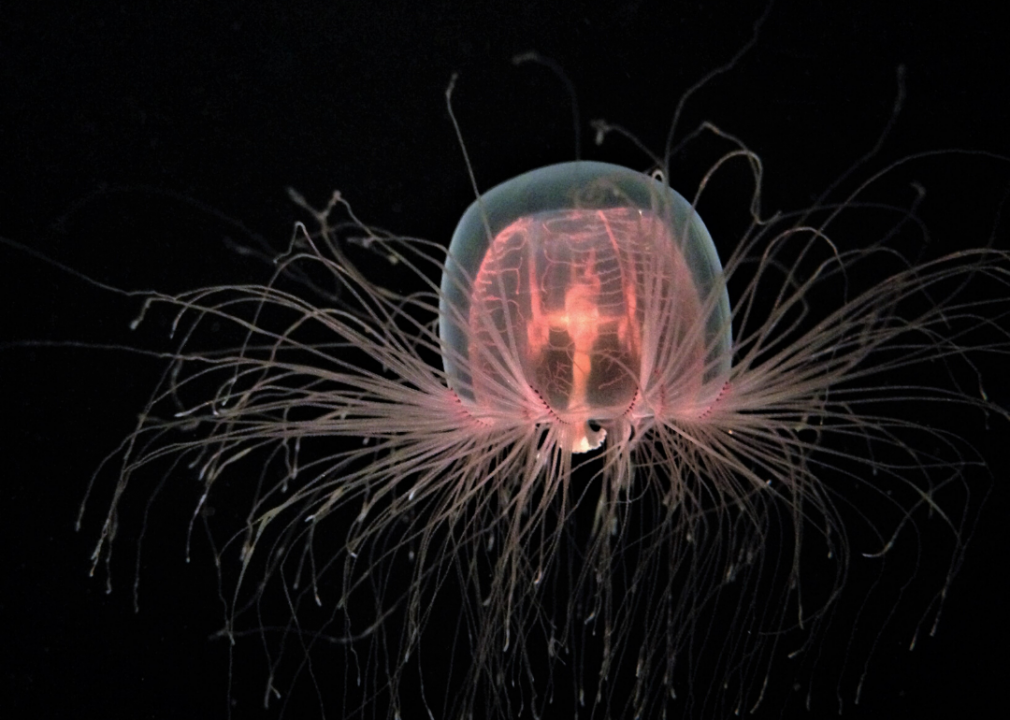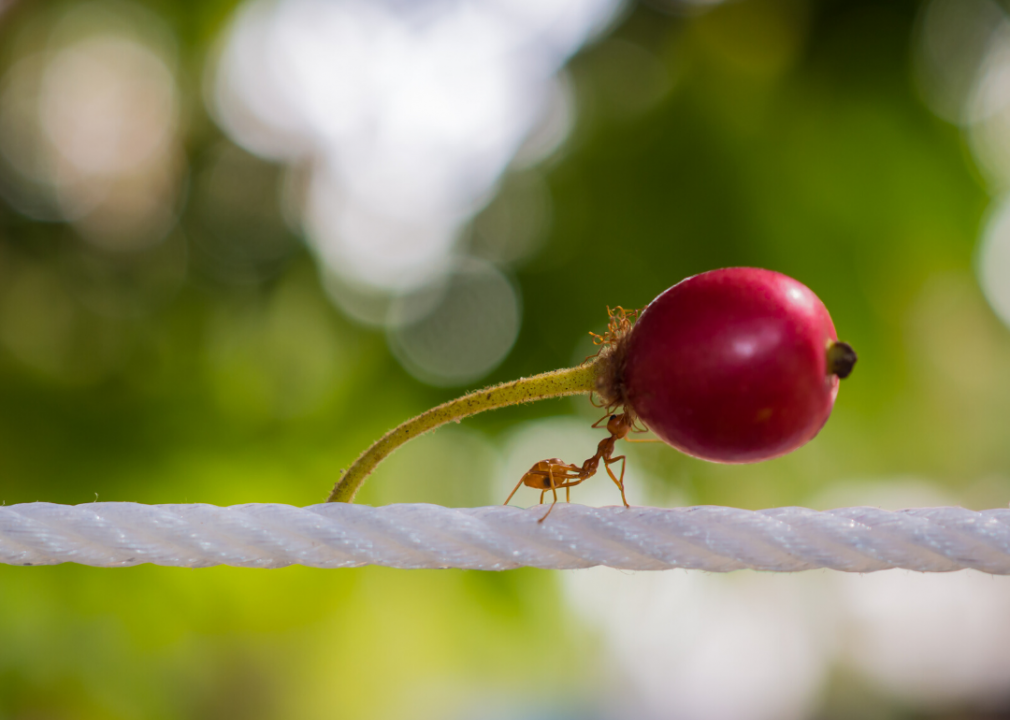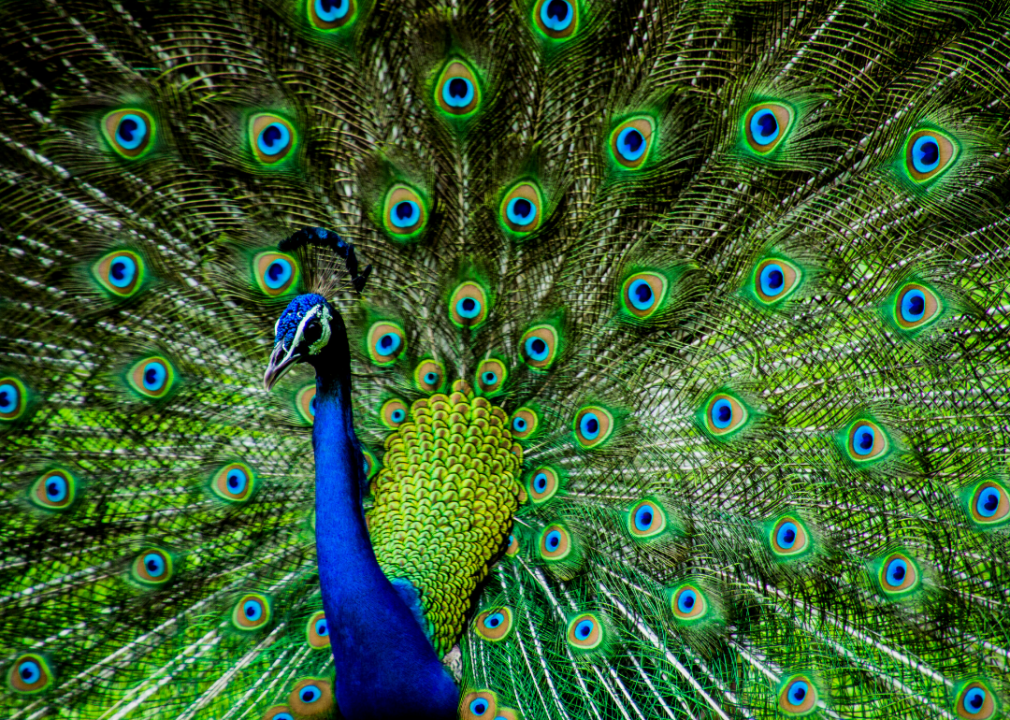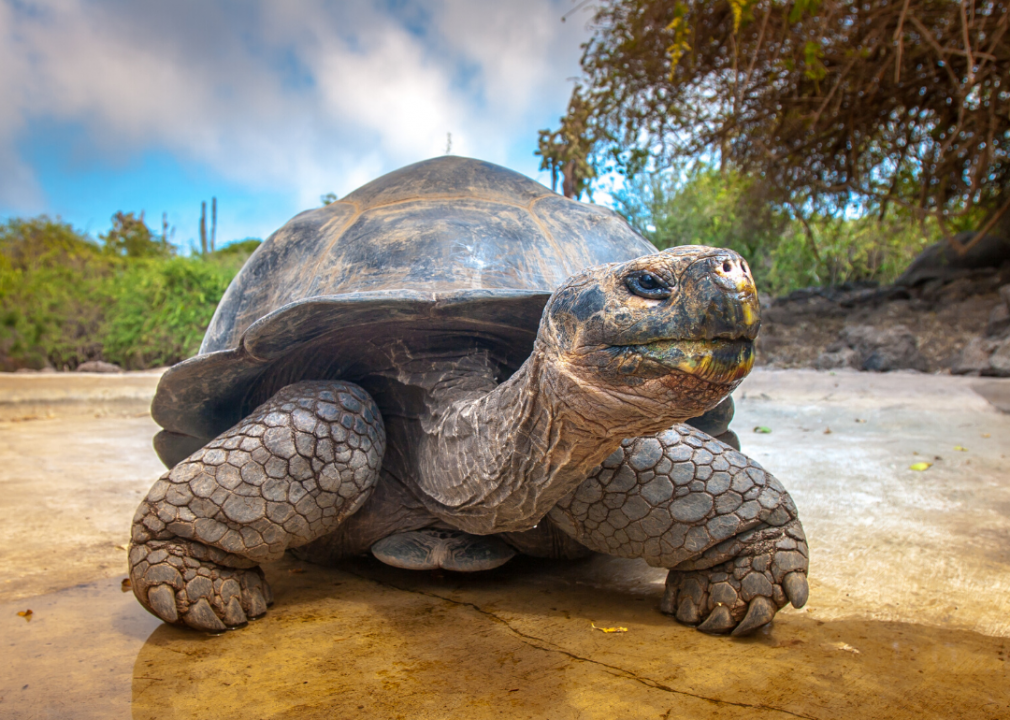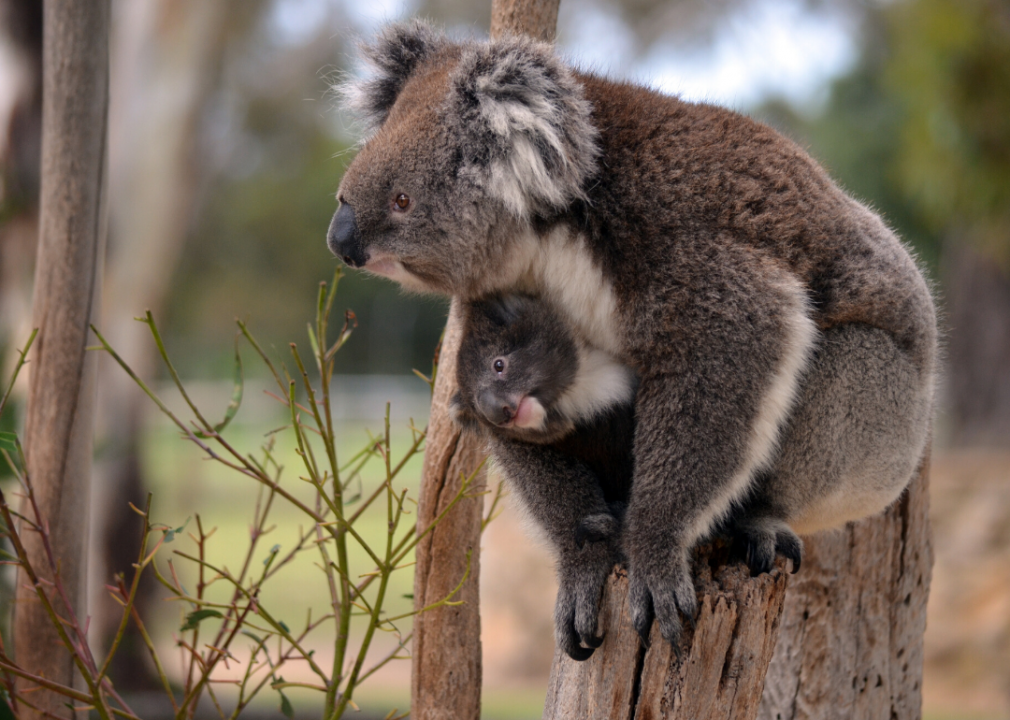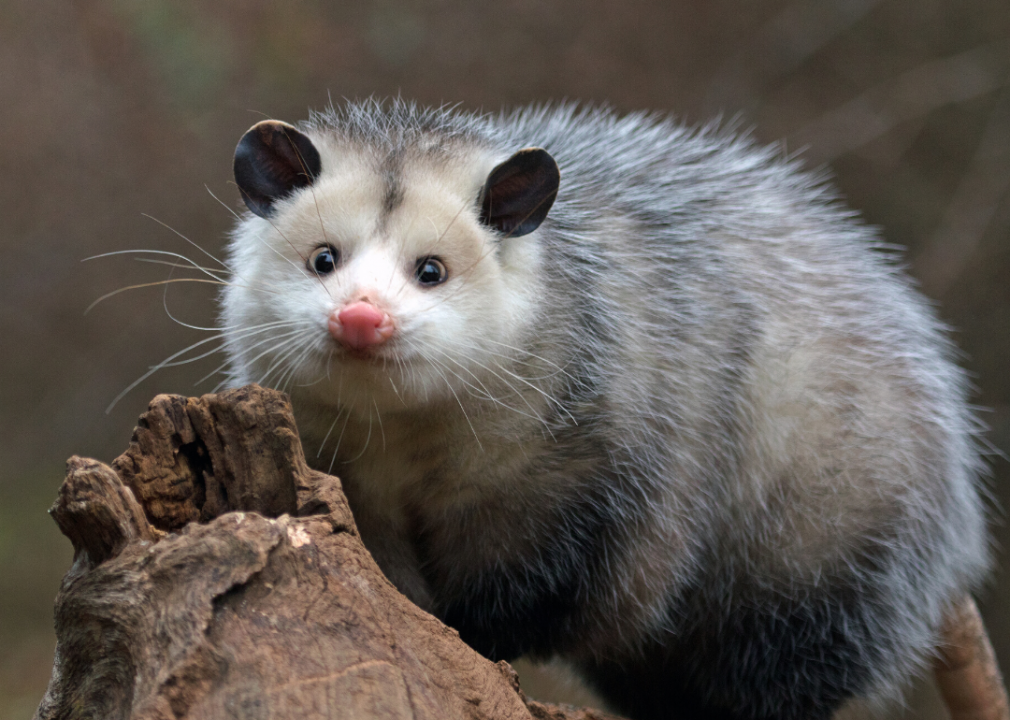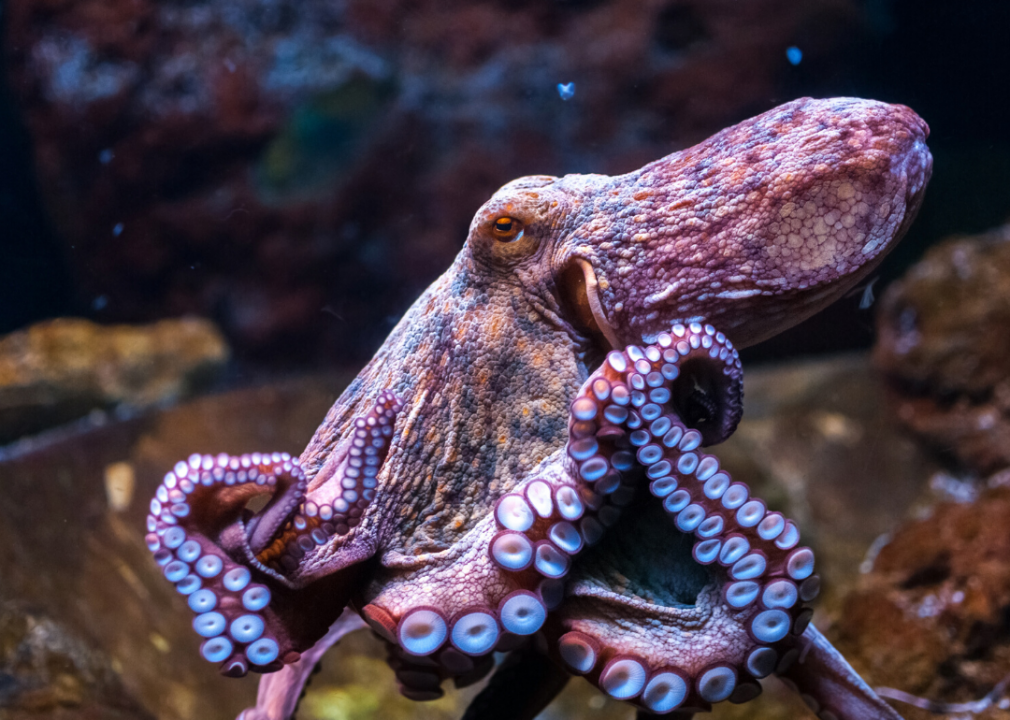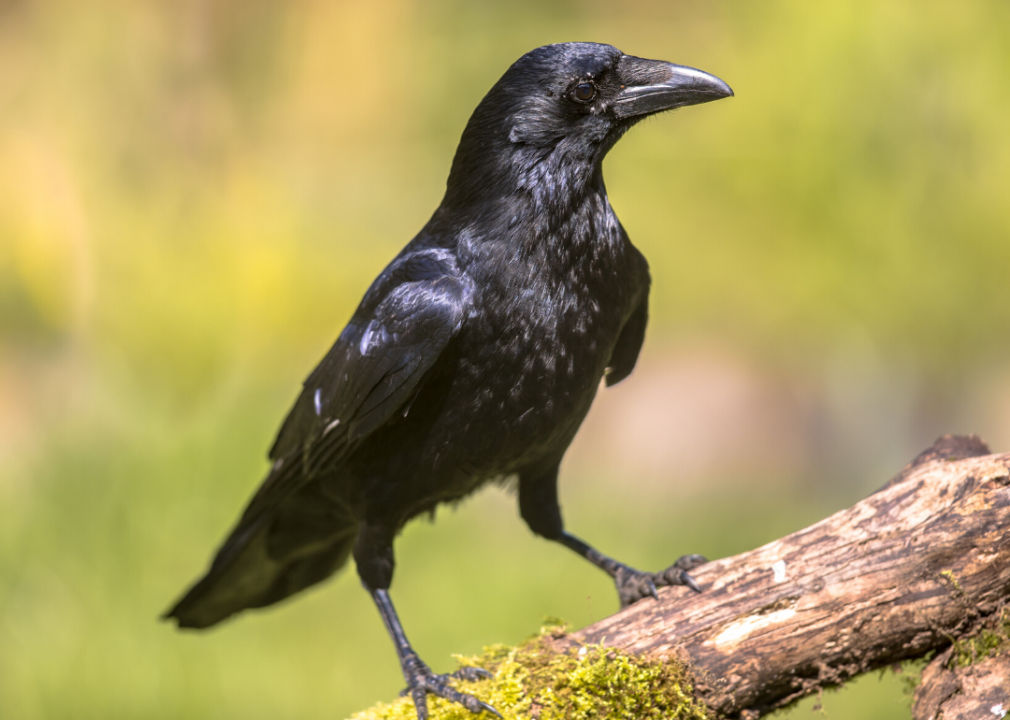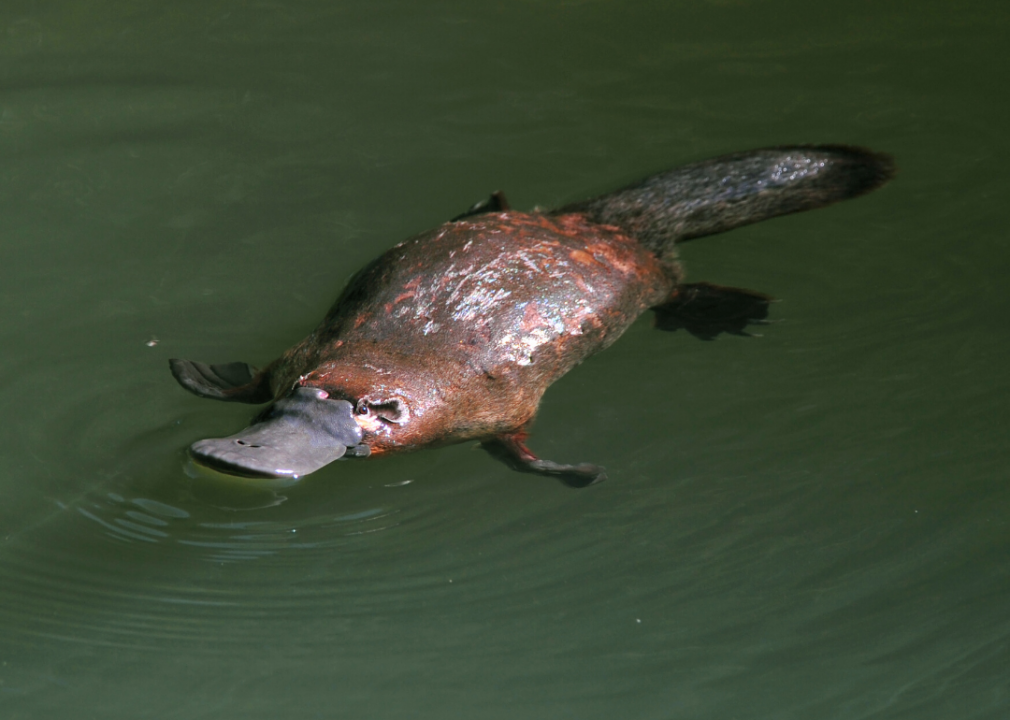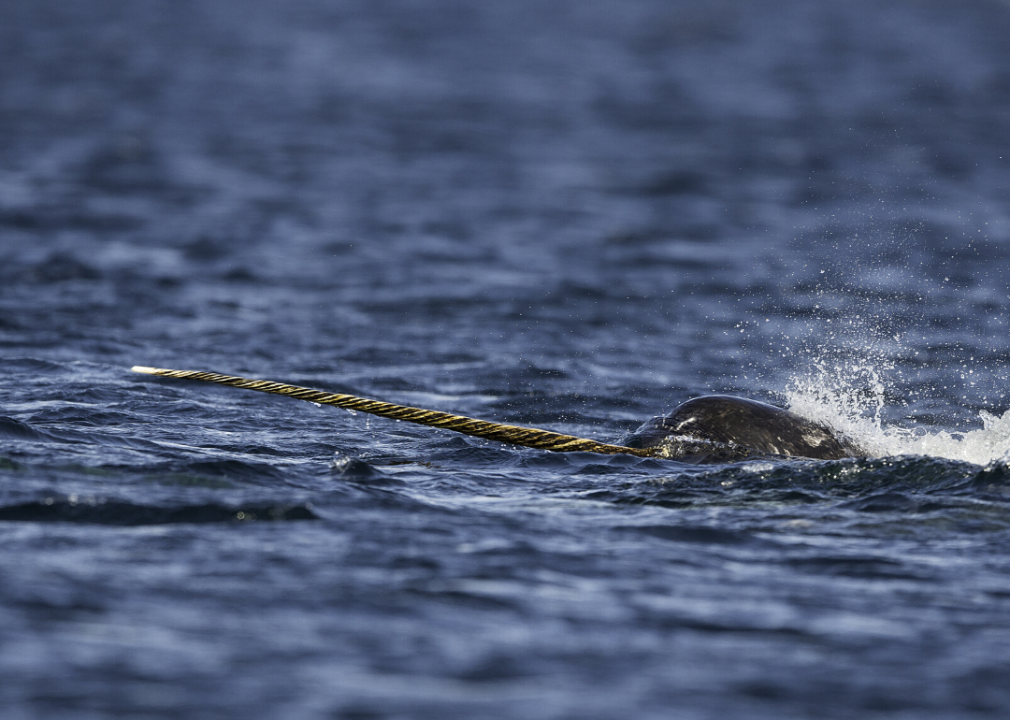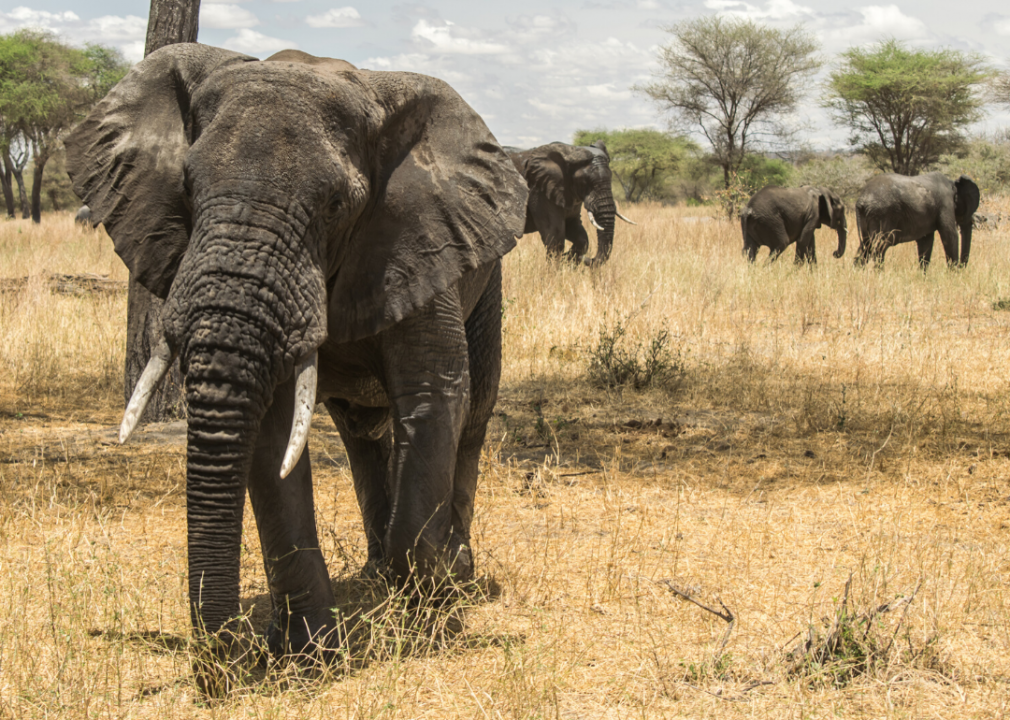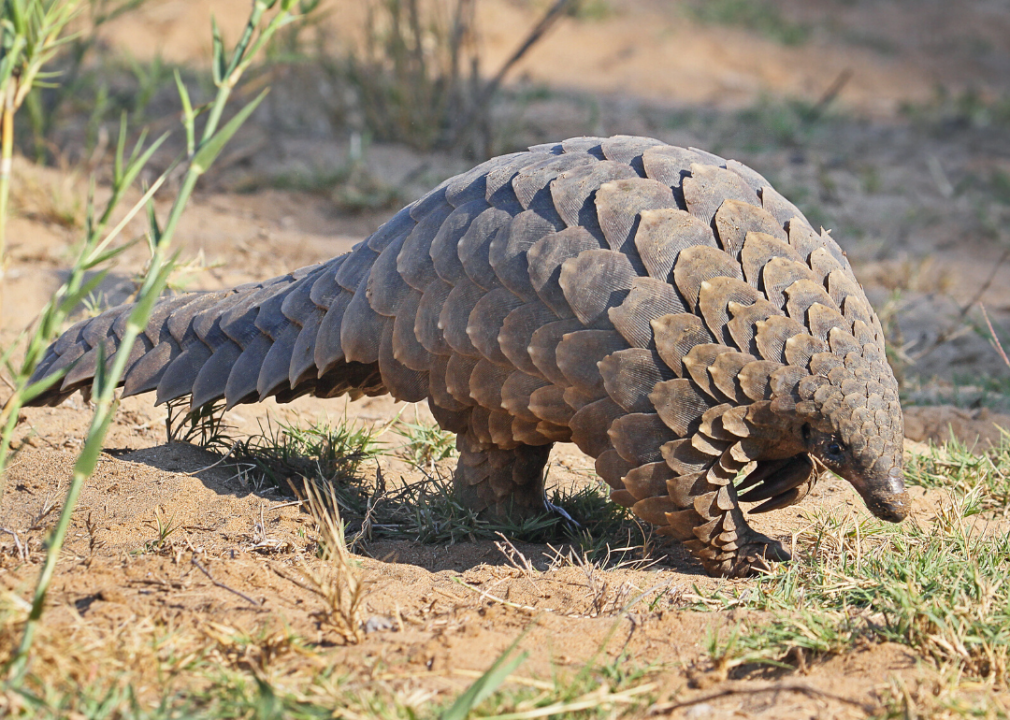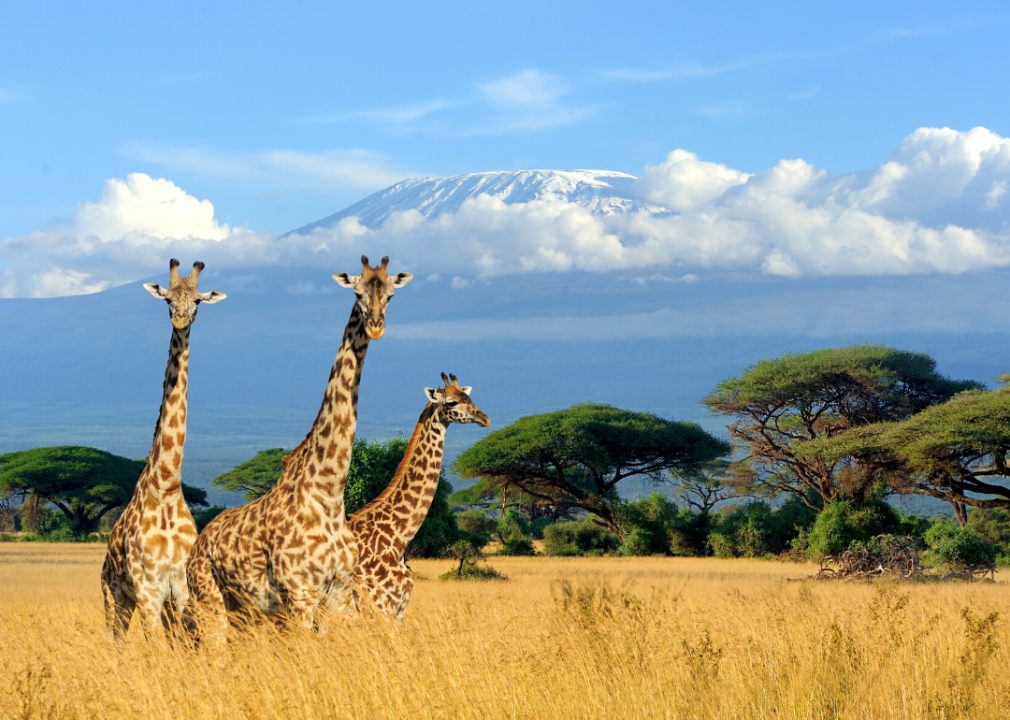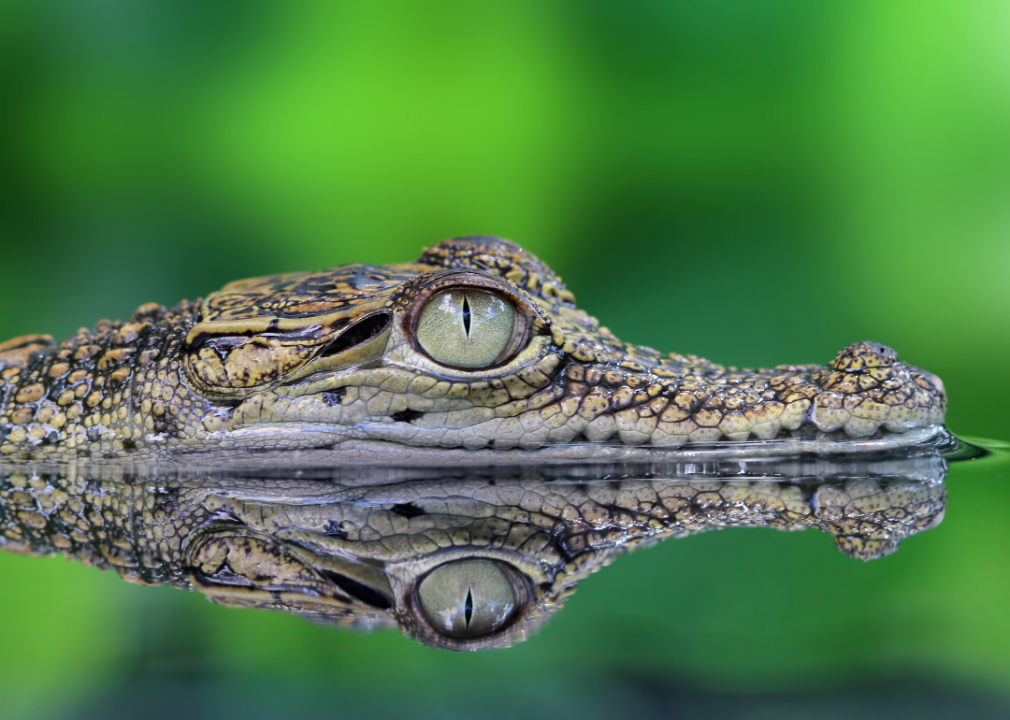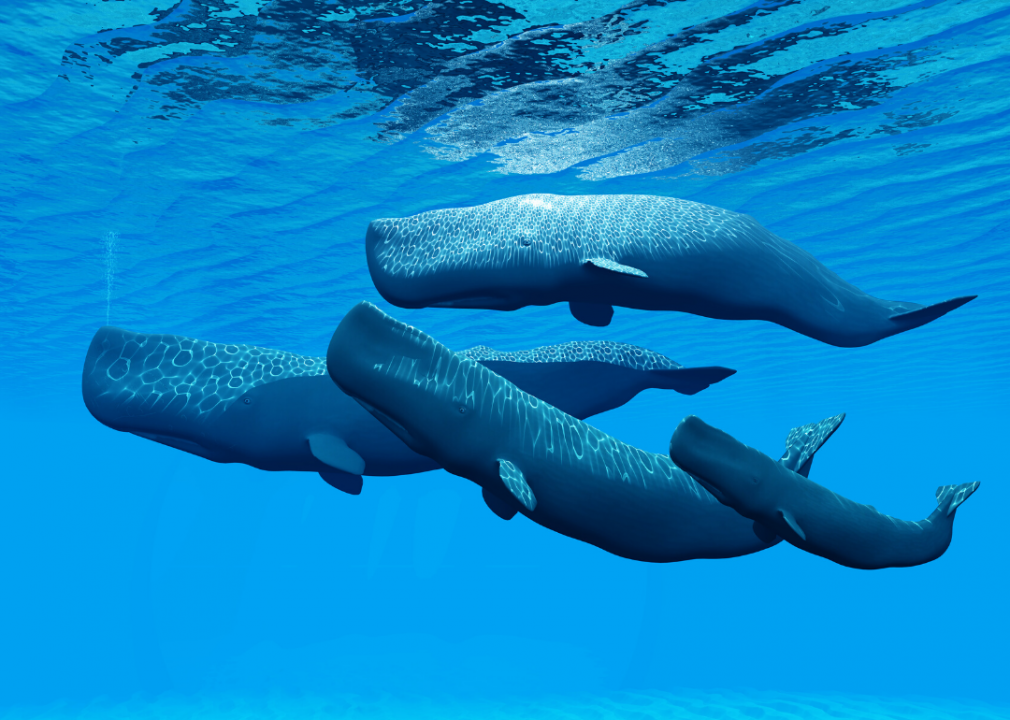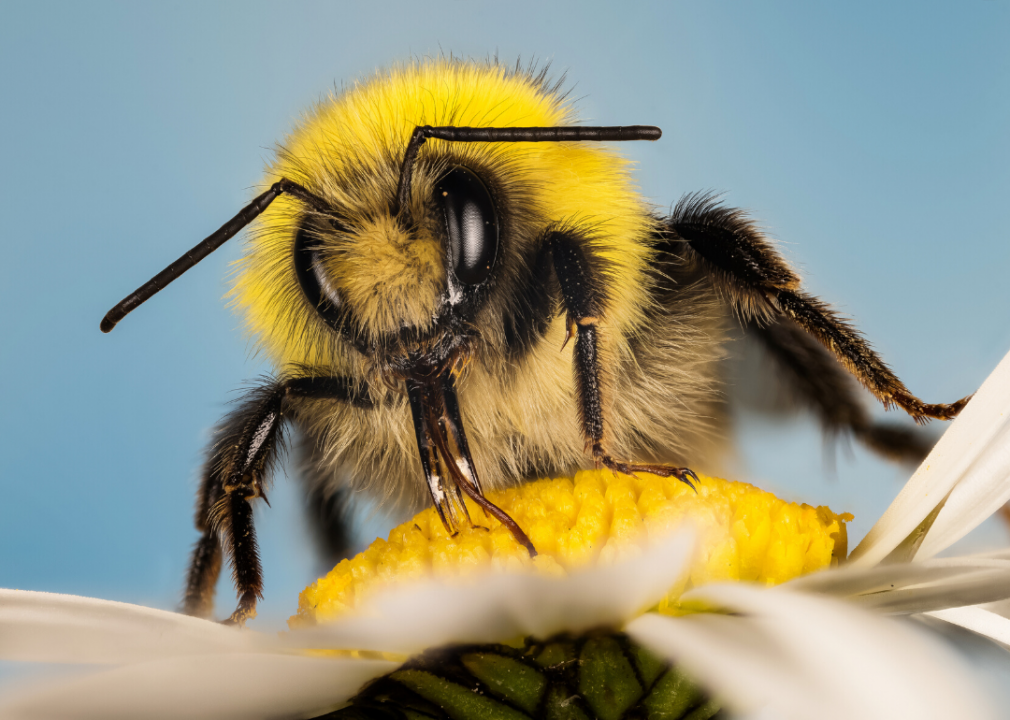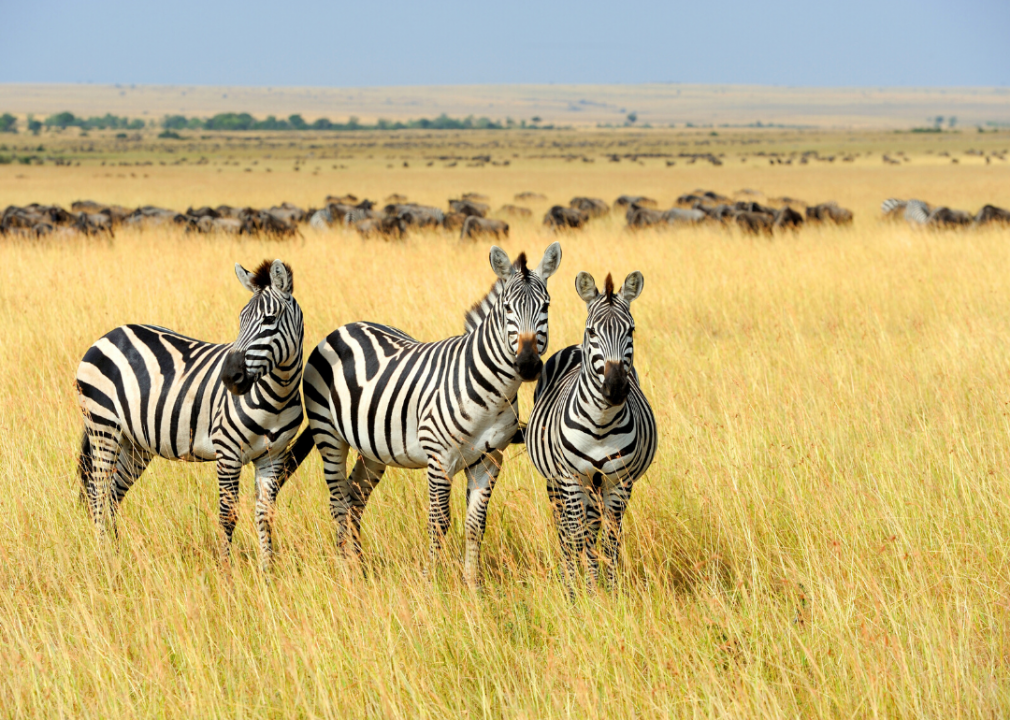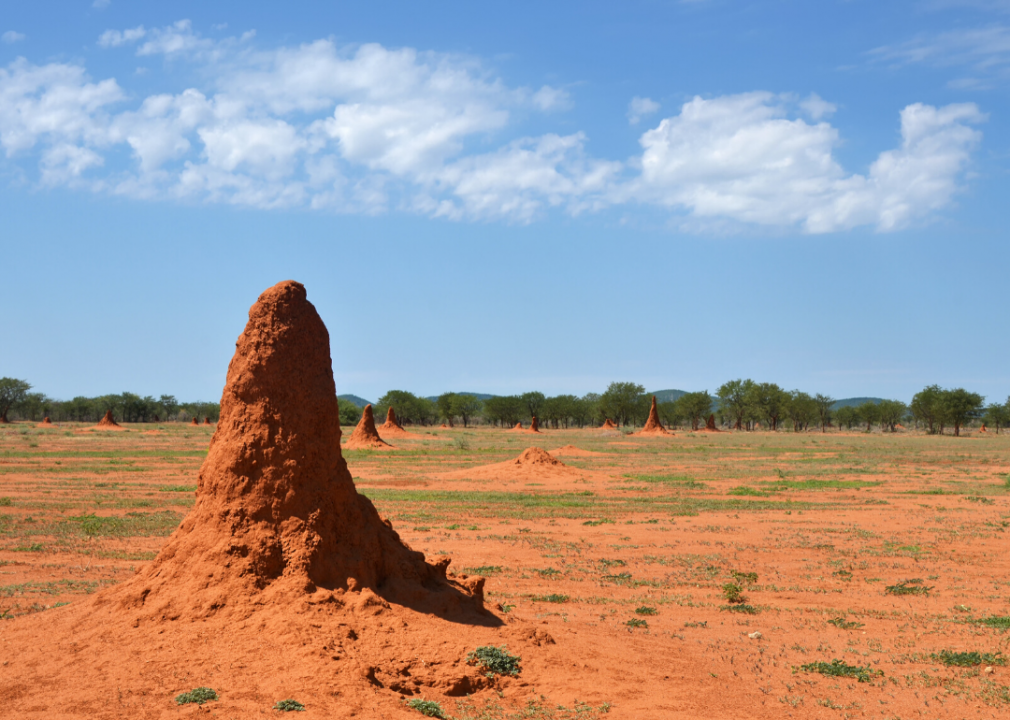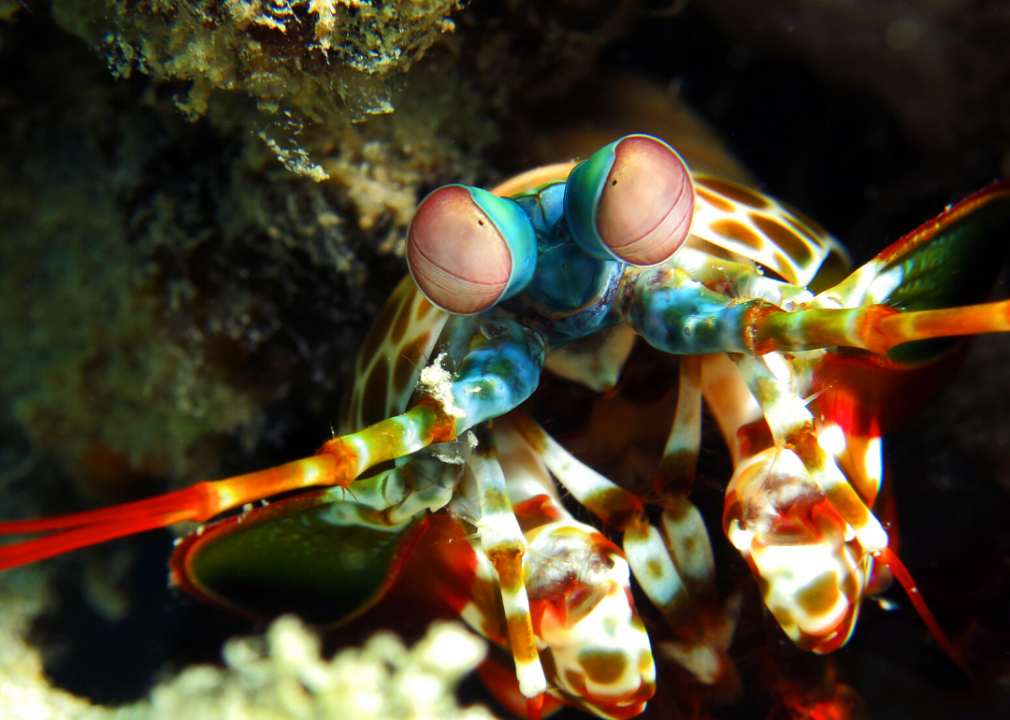Escaped Monkeys Legally Deserve to Remain Free
It’s another one of those “you can’t make this stuff up” stories that we discussed at length over a week ago on the Morning Show. It had just occurred and was reported that forty-three rhesus macaque monkeys escaped from a research facility.
Alpha Genesis had just hired a new employee who, unbeknownst to them, would soon make national news as the actual genesis of an incident that continues to be one of the top trending stories several days later.
Doctor: “No More Monkeys Jumping on the Bed”
It happened at their lab in Yemassee, South Carolina when the new hire closed but forgot to lock the door on an enclosure. This poor individual’s mistake resulted in all forty-three monkeys breaking free and leaving the facility without a word, a note, or anything, they were just gone.
Some cheered for the monkeys because Alpha Genesis breeds and uses them and many more for biomedical research. Because they’re so physiologically close to human beings, some of them are worth about sixty thousand bucks.
Others, for example, those in Yemassee, South Carolina, reacted as you would imagine, screaming that “three and half dozen crazy monkeys are running through my neighborhood.” In another example of life imitating art, the locals found themselves starring in a Jumanji-like movie.
In an inadvertent mocking of the new lab caretaker, officials warned residents to lock their doors and said it was “one hundred percent human error.” The search began with many of Yemassee’s finest monkey spotters being summoned to find Rafiki, Curious George, Donkey Kong, and the others.
Why the Escaped Monkeys Should Remain Free
Eventually, some of the chimps were corralled leaving an unlucky thirteen to run free. According to animal law professors Angela Fernandez and Justin Marceau, that’s the contention of many. According to their Vox article, “When a captive wild animal escapes, their captor generally remains liable for any damage the escaped animal creates to persons or property, but they may lose ownership of the animal, especially if the creature integrates into an existing wild population.”
For over forty years rhesus macaque monkeys have lived in South Carolina on Morgan Island (aka Monkey Island). The forty-three monkeys lived free at one point on the island before the lab captured them for testing and research.
The claim is that the remaining thirteen free monkeys deserve to legally continue to be untethered because they originally came from the wild.
Fernandez and Marceau’s Vox article provides a more in-depth explanation, and animal rights activists hope it leads to the permanent freedom of the previously detained primates.



